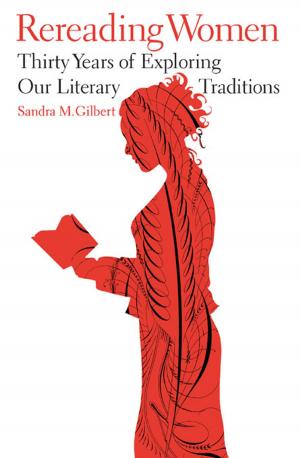| Author: | Richard Sennett | ISBN: | 9780393079777 |
| Publisher: | W. W. Norton & Company | Publication: | February 7, 2011 |
| Imprint: | W. W. Norton & Company | Language: | English |
| Author: | Richard Sennett |
| ISBN: | 9780393079777 |
| Publisher: | W. W. Norton & Company |
| Publication: | February 7, 2011 |
| Imprint: | W. W. Norton & Company |
| Language: | English |
The powerful case for a society of mutual respect.
As various forms of social welfare were dismantled though the last decade of the twentieth century, many thinkers argued that human well-being was best served by a focus on potential, not need.
Richard Sennett thinks differently. In this dazzling blend of personal memoir and reflective scholarship, he addresses need and social responsibility across the gulf of inequality. In the uncertain world of "flexible" social relationships, all are troubled by issues of respect: whether it is an employee stuck with insensitive management, a social worker trying to aid a resentful client, or a virtuoso artist and an accompanist aiming for a perfect duet.
Opening with a memoir of growing up in Chicago's infamous Cabrini Green housing project, Richard Sennett looks at three factors that undermine mutual respect: unequal ability, adult dependency, and degrading forms of compassion. In contrast to current welfare "reforms," Sennett proposes a welfare system based on respect for those in need. He explores how self-worth can be nurtured in an unequal society (for example, through dedication to craft); how self-esteem must be balanced with feeling for others; and how mutual respect can forge bonds across the divide of inequality.
Where erasing inequality was once the goal of social radicals, Sennett seeks a more humane meritocracy: a society that, while accepting inequalities of talent, seeks to nurture the best in all its members and to connect them strongly to one another.
The powerful case for a society of mutual respect.
As various forms of social welfare were dismantled though the last decade of the twentieth century, many thinkers argued that human well-being was best served by a focus on potential, not need.
Richard Sennett thinks differently. In this dazzling blend of personal memoir and reflective scholarship, he addresses need and social responsibility across the gulf of inequality. In the uncertain world of "flexible" social relationships, all are troubled by issues of respect: whether it is an employee stuck with insensitive management, a social worker trying to aid a resentful client, or a virtuoso artist and an accompanist aiming for a perfect duet.
Opening with a memoir of growing up in Chicago's infamous Cabrini Green housing project, Richard Sennett looks at three factors that undermine mutual respect: unequal ability, adult dependency, and degrading forms of compassion. In contrast to current welfare "reforms," Sennett proposes a welfare system based on respect for those in need. He explores how self-worth can be nurtured in an unequal society (for example, through dedication to craft); how self-esteem must be balanced with feeling for others; and how mutual respect can forge bonds across the divide of inequality.
Where erasing inequality was once the goal of social radicals, Sennett seeks a more humane meritocracy: a society that, while accepting inequalities of talent, seeks to nurture the best in all its members and to connect them strongly to one another.















